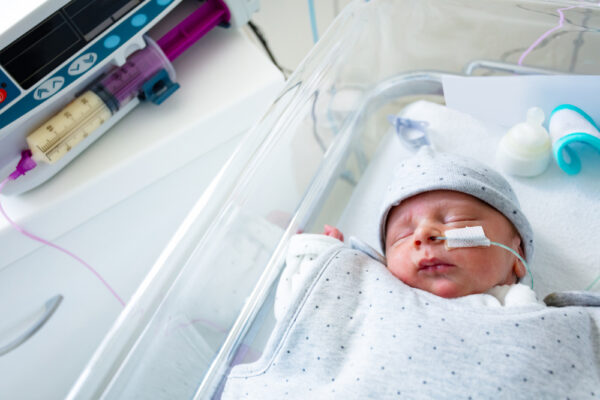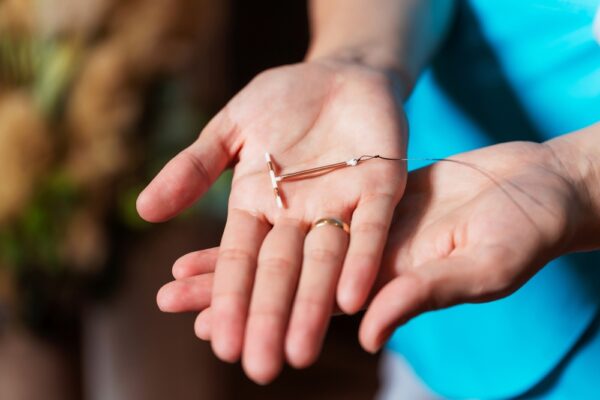In the 1970s and 80s over 300,000 women filed lawsuits against the manufactures of the Dalkon Shield Intrauterine device (IUD). Now, in a new millennium, a new generation of women are seeking legal counsel for IUD injuries. The latest culprit: Mirena.
Like the Dalkon Shield, hundreds of women wearing Mirena are claiming that the manufacturer failed to properly warn them of all of the dangerous side effects associated with the IUD.
A.H. Robbins marketed the Dalkon Shield in 1971 as a technological breakthrough with lower infection and expulsion rates compared to other IUDs. In reality, the multifilament tailstring had the tendency to wick which left the user more susceptible to pelvic infections. The pelvic infections could lead to a more serious injury — pelvic inflammatory disease (PID). Robbins failed to disclose not only the fact that the string was multifilament and had the tendency to wick, but also failed to include in their advertising that the IUD could cause PID, spontaneous or septic abortion, ectopic pregnancy or infertility.
The side effects listed in the Mirena lawsuits are different than those sustained by users of the Dalkon shield. The Mirena side effects in question include perforation of the uterus, pelvic wall, and other abdominal organs caused by Mirena migration. Mirena migration can also result in ectopic pregnancy, one of the side effects of the Dalkon Shield.
Bayer Healthcare Pharmaceuticals, the manufacturer of Mirena warns that migration and perforation may occur during the insertion period. They do not warn that spontaneous migration can occur months, or even years, after the device is in place. As with the Dalkon Shield, Mirena users were not made aware of all of the possible side effects.
In 1974 the Dalkon Shield was pulled from the market, but plaintiff’s continued to file lawsuits throughout the 1980s. With over 300,000 lawsuits, Dalkon Shield was one of the largest tort liability cases in history.
Mirena was approved by the FDA as a contraceptive in 2000. There has been no recall or warning about the device, but hundreds of women are contacting Mirena lawyers to see if they are eligible to join in the Mirena lawsuits.
For more information on birth control safety, and to talk with real women about their stories, please visit: http://www.facebook.com/pages/Birth-Control-Talk/282093891905532

The Legal Examiner and our Affiliate Network strive to be the place you look to for news, context, and more, wherever your life intersects with the law.













Comments for this article are closed.